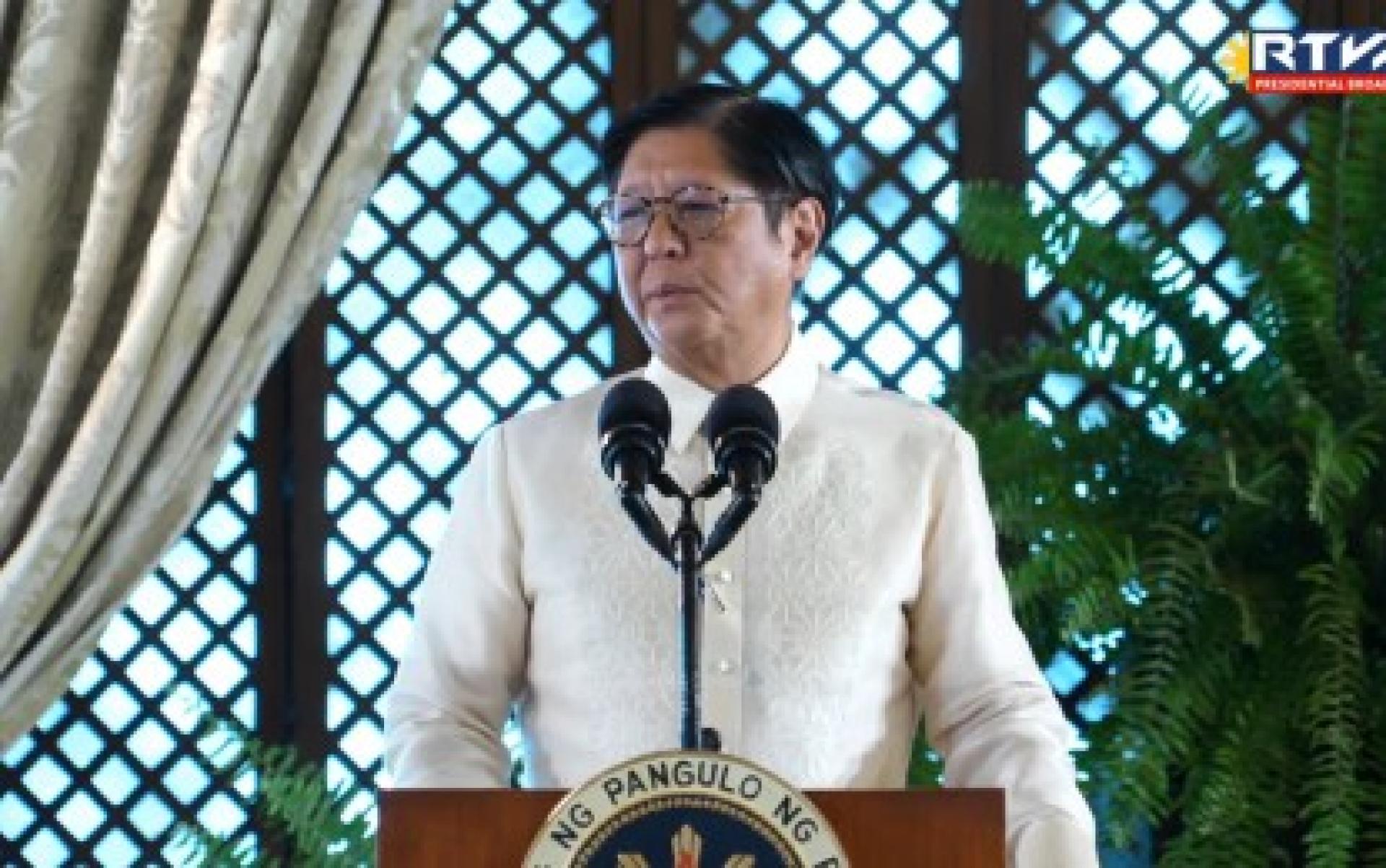(Manila, 14th) Philippine President Marcos on Thursday signed Republic Act No. 12233, or the 'Judicial Fiscal Autonomy Law', at Malacañang Palace, clarifying the scope and authority of financial independence for the judiciary as a coequal branch of government.
The new law reaffirms the constitutional provision that the judiciary's budget must not be less than the previous year's allocation and must be released automatically and regularly after Congressional approval. Marcos stated that democracy can only take root when everyone is convinced they are equal before the law and when legislators, enforcers, and the judiciary can all perform their duties without financial constraints.
According to the law, the Supreme Court may submit its original budget proposal directly to Congress as an annex to the national expenditure program prepared by the Department of Budget and Management (DBM), while the DBM may submit its own comments. The law also authorizes the Chief Justice, within the bounds of law and through an en banc decision, to reallocate or adjust funds for hiring personnel, repairing courtrooms, or upgrading systems, among others.
Additionally, the law establishes a 'Judiciary Trust Fund' to replace the 'Judiciary Development Fund', consolidating litigation fees, existing resources, and interest earnings, to be managed by the Chief Justice and subject to post-audit by the Commission on Audit. Marcos noted that this would help the Supreme Court restructure its organization, speed up recruitment, and promote the decentralization of judicial services.
He stressed that the new law reflects the executive and judiciary's commitment to cooperation as coequal branches of government: "We each have our roles, but we share a common mission—to put the interests of the Filipino people first."
The bill is a consolidation of Senate Bill No. 2982 and House Bill No. 11358, and was approved by Congress on June 11, 2025.
According to the law, the Supreme Court may submit its original budget proposal directly to Congress as an annex to the national expenditure program prepared by the Department of Budget and Management (DBM), while the DBM may submit its own comments. The law also authorizes the Chief Justice, within the bounds of law and through an en banc decision, to reallocate or adjust funds for hiring personnel, repairing courtrooms, or upgrading systems, among others.
Additionally, the law establishes a 'Judiciary Trust Fund' to replace the 'Judiciary Development Fund', consolidating litigation fees, existing resources, and interest earnings, to be managed by the Chief Justice and subject to post-audit by the Commission on Audit. Marcos noted that this would help the Supreme Court restructure its organization, speed up recruitment, and promote the decentralization of judicial services.
He stressed that the new law reflects the executive and judiciary's commitment to cooperation as coequal branches of government: "We each have our roles, but we share a common mission—to put the interests of the Filipino people first."
The bill is a consolidation of Senate Bill No. 2982 and House Bill No. 11358, and was approved by Congress on June 11, 2025.
